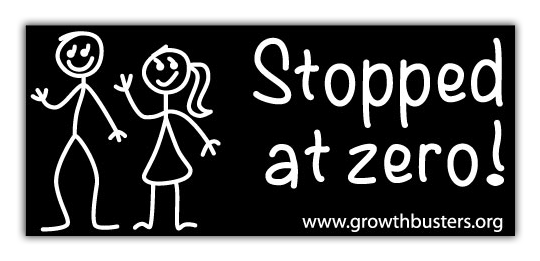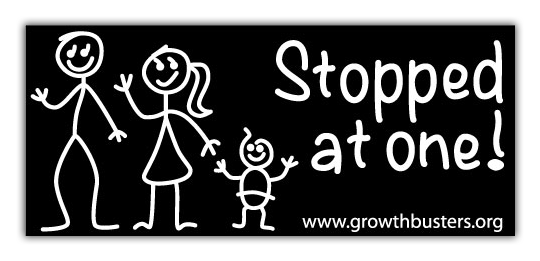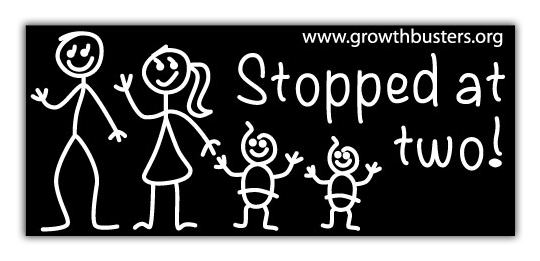Holy Grail of Economic Growth
In a classic scene from the film City Slickers, Jack Palance holds up one gloved finger as he counsels Billy Crystal that the secret of life is just “one thing” that is all-important. “You stick to that and everything else don’t mean shit.” Eventually Billy Crystal figures out that “one thing,” the key to life.
I don’t know, but I’m pretty sure that “one thing” must have been economic growth. I’ll hazard a guess the phrase “economic growth” is mentioned, on national TV and cable networks alone, over 200 times daily. President Barack Obama probably emits the phrase 20 times a day on his own, and that’s not counting talking in his sleep. Restoring economic growth is right up there with putting a man on the moon, ending terrorism, and putting cheese in a spray can. Who would argue with that? Never one to shy away from controversy, allow me to take a stab at it.
In debate on the Waxman-Markey climate bill recently passed by Congress, GOP critics lined up to denounce the bill as an unaffordable killer of economic growth. Economic growth is the one thing no one is willing to give up in the “greening” of America. In fact, I heard no supporter of the bill state that we need to give up economic growth in order to meet greenhouse gas emissions reductions targets urged by the scientific community. Instead, supporters argued that cap and trade will create jobs and grow a green economy.
In a speech in Denver last year, Bill Clinton hinted that giving up economic growth would be a path to reducing carbon emissions. But in the next breath he dismissed it, as if everyone knows that is never going to happen. He still took a lot of grief from pundits using that quote out of context. It is un-American to be against economic growth!
This begs a very important question, one which I see discussed very little if at all, certainly not in the mainstream media: Can we create jobs and grow the global economy and at the same time significantly reduce our impacts on the very ecosystems that provide both the resources for that economy and life-support for humankind? If we just power an ever-growing economy with windmills and solar panels, if we just drive hybrid cars, if we recycle, if we change our light bulbs, can a finite planet support an infinitely expanding economy?
Here’s just one small example of the conundrum (courtesy of Jack Hart, former managing editor of The Oregonian):
A March 29 headline read, “Portland lessens its ‘carbon footprint.” But Portland did no such thing. Portlanders may have indeed reduced their per-capita driving by 5% over five years, as the story reported, but the metro area’s population grew by 8% over the same period. The number of vehicles registered in Multnomah County has increased 45% since 1990. You do the math. When it comes to global warming, we’re ignoring one simple truth: The Earth doesn’t care about per-capita greenhouse-gas production. It’s the total amount of CO2 in the air that matters.
Back to the question, can a finite planet support an infinitely expanding economy? To me, the answer seems obvious, but I suspect billions of people are too busy on the treadmill powering that economy to stop and really ponder this question. That “one thing,” the Holy Grail of economic growth, is easy to buy when it is shoved down your throat in every headline, every newscast, and every presidential address.
Behind the scenes that question is being debated. There are some very credible and thoughtful people digging into this subject. For today, let me suggest this required reading – a paper for the Sustainable Development Commission by University of Maryland’s Herman Daly. Daly was a senior economist at the World Bank and is considered the father of steady-state economics.
If Daly is the father of steady-state economics, the late Julian Simon, if not the father, certainly one of the most prolific high priests of the church of everlasting economic growth. You can get a small taste of his philosophy here.
Now, I suggest you read this upbeat analysis of investing in emerging markets. This was undoubtedly written from the perspective that it contains good news for investors looking for growth opportunities. But if you read about the billions in China who will enter the consuming middle class, or about the billions in urban infrastructure expenditures anticipated the world over, but read it with your sustainability hat on – the one where you want to rein in carbon emissions and leave your grandchildren a planet as abundant and healthy as you inherited – it takes on a completely different tone.
Just as I doubt the Chinese can follow in U.S. consuming footsteps without an increasing ecological footprint – even if done with a green tint, I have serious doubts about our ability to create over a million new jobs in the U.S. every year and reduce our total carbon footprint. I doubt we can increase the number of housing starts every year without depleting over time our wildlife habitat, agricultural land, fresh water resources, and forests and other resources. And I am quite certain we cannot indefinitely increase retail spending and consumption and forever materially improve our lives without devastating our life support systems.
I believe we need to aim for a stable, one-world economy that focuses more on meeting everyone’s basic needs and less on ever-increasing economic throughput. Maybe the “one thing,” the secret to life, is not something measured by GDP.
“There is no business to be done on a dead planet.”
– Environmentalist David Brower
Trackback from your site.



